Here’s the list of members of the Global Network for Health in All Policies (GNHiAP) Executive Committee. To learn more about the Network’s structure and the committee’s role and responsibilities, click here.
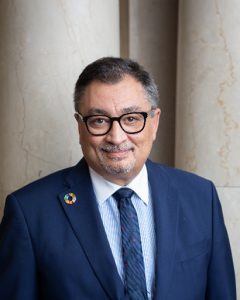 Photo credit: Émilie Nadeau | Horacio Arruda GNHiAP Chairperson Assistant Deputy Minister Prevention and Public Health Ministère de la Santé et des Services sociaux du Québec (Québec's Ministry of Health and Social Services) |
Biography
Dr. Arruda is a medical specialist in public health and preventive medicine. For many years, he focused on field epidemiology as well as prevention and control of infectious diseases.
From 2012 to 2022, he served as the National Director of Public Health at the Québec Department of Health and Social Services. He was a leader in the fields of infectious and communicable diseases, nosocomial infections, occupational and environmental health, emergency measures, as well as health promotion and prevention.
It was also under his leadership that the first Governmental Health Prevention Policy – 2015-2025 (PGPS) was launched. This policy and its resulting action plan were the first of their kind in North America in the field of preventive medicine. It was designed as a global governmental approach for stakeholders to include prevention in all decision making. Since June 2022, Dr Arruda has served as the ambassador of the PGPS.
Dr. Arruda also contributes to making Québec shine internationally. Notably, he is President of the Global Network for Health in All Policies (GNHiAP), created at the 70th WHO Annual Assembly in May 2017.
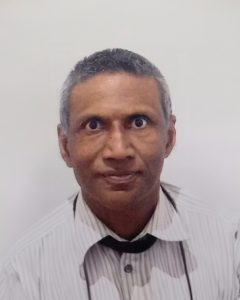 | Debashis Basu Clinical and Academic Head of Public Health Medicine Steve Biko Academic Hospital University of Pretoria |
Biography
Debashis Basu is a Public Health and Preventive Medicine Specialist. He is involved in both postgraduate and undergraduate teaching and supervision of master’s and doctoral students in the university covering the areas of public health and preventive and social medicine. In addition, he is involved with teaching at a number of international universities in India, Italy, Kenya, and USA.
He was nominated as the course coordinator by the WHO for the training of trainers course in ‘Health In All Policies (HiAP)’ in Africa and served as Director of the WHO Collaborating Centre for SDH and HiAP (pending redesignation). In 2015, he was awarded a fellowship for Salzburg Global.
Debashis Basu currently serves as the chief editor of the Southern African Journal of Public Health. His national and international involvements include President of the South African Public Health and Preventive Medicine Association, and as a member of the Executive Committee of the Global Network for Health in All Policies, among others. He is an active member of the University of Pretoria’s COPC Research Unit, which focuses on community-based implementation science research.
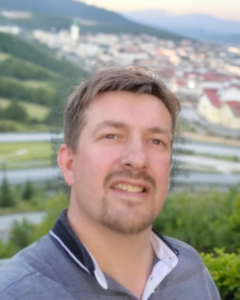 | Peter Beznec Director |
Biography
Peter has over 20 years of experience as a project manager and has served as Director of the Centre for Health and Development Murska Sobota since 2014. He is also a PhD candidate in Health Sciences at the Angela Boškin Faculty of Health Care, in Slovenia. Among his many areas of expertise, his coordination and leadership skills have been demonstrated in several health and development projects with the WHO. He also has extensive experience in international projects, including his collaboration as a part of an expert consultation group for an information paper on Policies to Address Social Determinants of Health. Peter is a member of the WHO Regions for Health Network Steering Group focused on approaches to health and development.
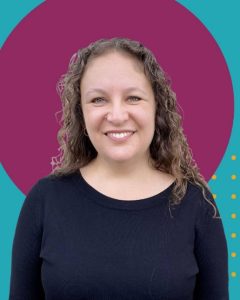 | Julia Caplan Executive Director State of Equity Public Health Institute |
Biography
Julia is the Executive Director of State of Equity, a program which seeks to “move racial equity and health to the heart of public institutions.” In this role, Julia and her team have spent nearly 14 years working with over 60 state agencies, departments, and offices to build collaborative partnerships and incorporate racial equity, health equity, and environmental sustainability considerations into decision making and government operations. This includes launching the California Health in All Policies Task Force in 2010, the Capitol Collaborative on Race and Equity (CCORE) in 2017, and now building a national strategy for racial equity in state governments across the United States. Julia holds master’s degrees in public policy and public health from the University of California, Berkeley.
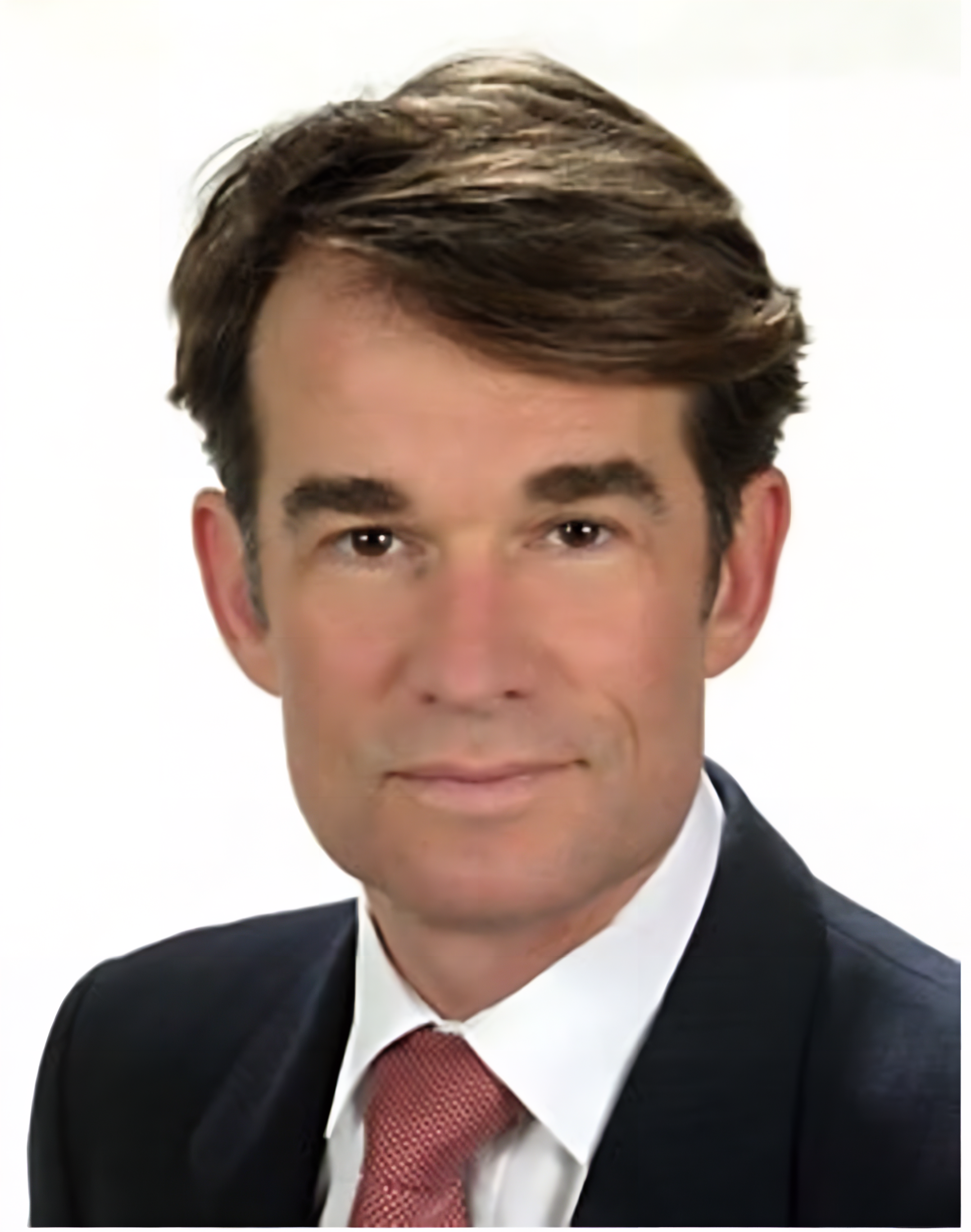 | Julian Fisher Director German registered non-governmental organization Zero Water Day Partnership (ZWDP) |
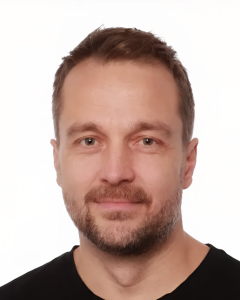 | Lauri Kokkinen Co-leader WHO Collaborating Centre on Health in All Policies and the Social Determinants of Health Tampere University |
Biography
Lauri has extensive experience in Health in All Policies (HiAP) at both national and local levels, including serving on the Finnish inter-ministerial Advisory Board for Public Health. Lauri co-directs the WHO Collaborating Centre on Health in All Policies and the Social Determinants of Health at Tampere University in Finland. His theoretical expertise focuses on the institutional foundations of population health and wellbeing, making him an institutionalist. Methodologically, he employs a diverse range of approaches, often utilizing data from registers, questionnaires, interviews, and documents in his research.
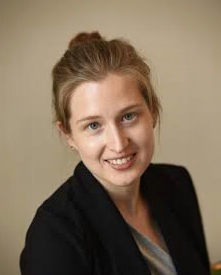 | Kelsey Lucyk Manager Health Equity Policy Directorate, Public Health Agency of Canada |
Biography
Kelsey has a background in population and public health. She works out of Ottawa, Ontario, Canada, where she oversees a team that is dedicated to working across sectors and advancing the conditions for success required for HIAP governance. To date, her team has brought health perspectives into key whole-of-government initiatives, such as wellbeing policy (Quality of Life Framework for Canada) and federal Impact Assessment. The team also supports knowledge exchange among HIAP practitioners in Canada (Canadian Network for Health in All Policies) and was responsible for launching PHAC’s first community funding program dedicated to upstream, intersectoral action on the social determinants of health (Intersectoral Action Fund).
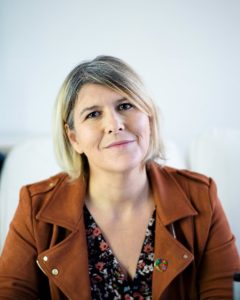 | Charlotte Marchandise Executive Director European Public Health Association (EUPHA) |
Biography
Charlotte is an international expert and trainer in Health in All Policies, with a keen focus on global and urban health. Her experience spans participation, empowerment, and governance, highlighting her commitment to creating inclusive and healthy communities.
With over two decades of dedication to the associative world, from capacity building to advocacy, she has contributed to public health policy and practice. From 2014 to 2020, Marchandise was the elected Deputy Mayor of Rennes for Health, and President of the French WHO Healthy Cities Network and political Chair of the European Network, where she promoted healthier environments through innovative and sustainable public health strategies. She also worked as consultant to the WHO in fostering intersectoral collaborations for enhanced health equity and evidence-based decisions, and the integration of patients and communities in the WHO Academy training program design.
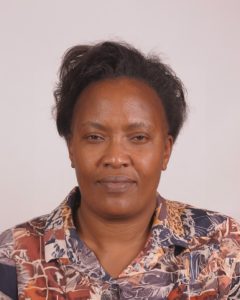 | Gladys Mugambi Acting Head of the Directorate of Health Promotion and Education, Ministry of Health, Kenya |
Biography
Gladys has a degree in Home Economics, an MSc in Food and Nutrition, and is currently pursuing a PhD in Health Systems Management.
She has worked as a nutritionist with the Ministry of Health at both district and national level at leadership level and has worked with diverse communities. She has served as Co-chair of the Scaling up Nutrition Movement Executive Committee. The movement champions multisectoral approaches to tackle the triple burden of malnutrition. She leads a team of health promotion experts who implement advocacy, communication and social mobilization activities in the country and ensures that there are policies in place to address social determinants of health.
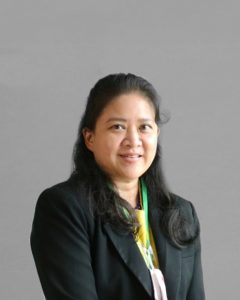 | Tipicha Posayanonda Assistant Secretary-General of the National Health Commission Director of Knowledge and Innovation Management Department National Health Commission Office of Thailand (NHCO) |
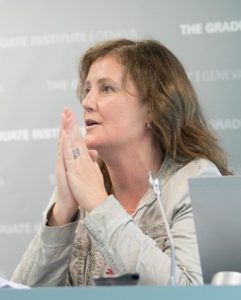 | Nicole Valentine Technical Officer & Programme Lead Equity/Social Determinants of Health World Health Organization (WHO) |
Biography
Dr. Valentine has over 25 years of experience working in public health. She currently leads the multi-country WHO Special Initiative for Action on the Social Determinants of Health for Advancing Health Equity, run from the Equity and Health Unit in the Department of Social Determinants of Health, WHO Geneva. She is the WHO focal point for guidance on the Health in All Policies approach, and has worked extensively on training and evidence reviews. She has authored over 25 peer-reviewed publications and produced more than 25 WHO publications covering health systems performance, intersectoral action, monitoring, equity, and social determinants of health. She served in the global WHO Commission on Social Determinants of Health (2005-2008), where she co-led the country action work stream. She holds Bachelor’s and Master’s (Economics) degrees from the University of Cape Town, a Master of Public Health from the University of Washington, Seattle, and a PhD in Public Health from the Erasmus Medical Centre, The Netherlands.
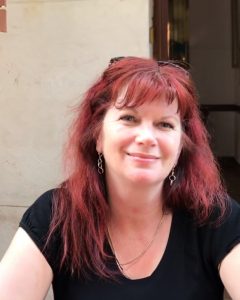 | Carmel Williams Director Centre for Health in All Policies Research Translation Health and Medical Research Institute School of Public Health at the University of Adelaide |
Biography
Carmel is Founding Director of the World Health Organization Collaborating Centre for Advancing Health in All Policies and has overseen the establishment and sustainability of South Australia’s Health in All Policies approach from its commencement in 2007 until 2021. Recently, she co-authored the newly released World Health Organization guidance: Working Together for Equity and Healthier Populations: Sustainable multisectoral collaboration based on Health in All Policies Approaches. The approach works across government to influence public policy decision to improve health and wellbeing. Carmel led numerous collaborative projects on the social and environmental determinants of health, drawing research, policy and practice together to deliver evidence informed public policy outcomes. Carmel was awarded full academic status with Flinders University at the level of Associate Professor. Through, Carmel’s extensive experience in the field of health promotion and public health, she has earned the honorary academic status of Associate Professor with the University of South Australia and the University of Adelaide and has recently been appointed as a Visiting Fellow with University of Canberra. Carmel works extensively with the WHO and other international organizations, undertaking knowledge translation and capacity building programs, with researchers, policy makers and practitioners.
